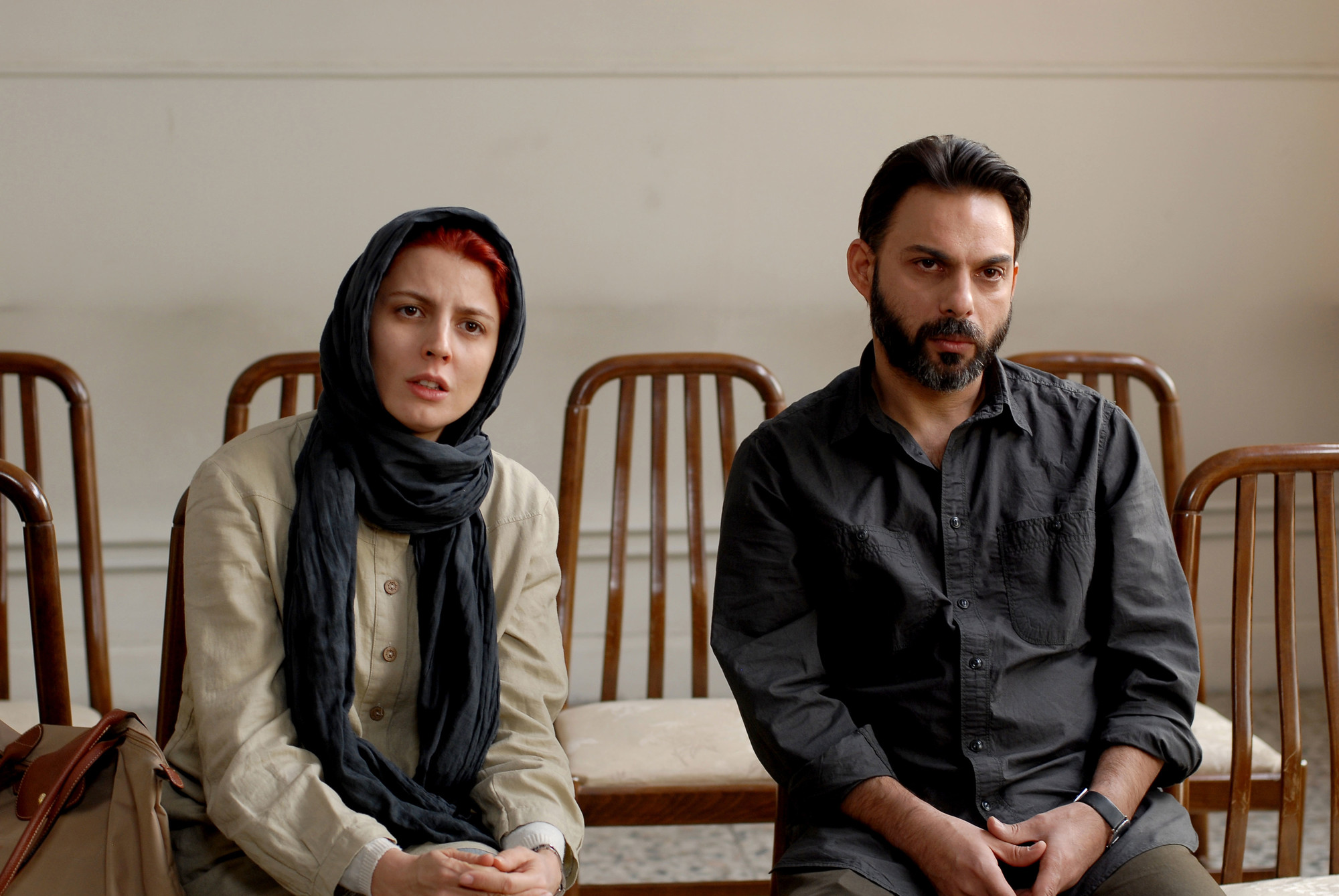These three movies, made in different timescapes, ( one in 1979, another one in 2011 and the other one in 2019 ) have got one thing in common and that is the central plot of a divorce between a married couple having a kid, the custody of whom the parents tirelessly fight for.
Now there is a scene in Noah Baumbach’s ‘Marriage Story’ (2019) where the divorce lawyer says to Charlie, the husband ( played by Adam Driver) ,”Getting divorced with a kid is one of the hardest things you’ll ever do in life, it’s like a death without body”.
This very dialogue resonates deeply with the theme of other two films – ‘Kramer v/s Kramer’ ( 1979 ) and ‘A separation’ ( 2011) .
I sincerely feel that these 3 films should be brought on the same platter and discussed in the same capacity as they are all linked in one single continuum of marital discord. It seems to me as if Robert Benton ( Dir, Kramer v/s Kramer ) has passed on the baton to Asghar Farhadi ( Dir, A Separation) who passed it further to Noah Baumbauch ( Dir, Marriage Story ) to tell the similar story differently.

What we have primarily seen in all the three narrative is that no one but kids suffer the most and face the whiplash when their parents file for a divorce, whether it be Billy of ‘Kramer v/s Kramer’ or Termeh of ‘A Separation’ or Henry of ‘Marriage Story’.
Let us remind of that scene of ‘Kramer v/s Kramer’ where Ted ( played by Dustin Hoffman ) was reading to his 6 year old child Billy , the letters of his mother Joanna ( Ted’s ex wife played by Mery Streep ) who had left the home , never to return back again. Initially while Ted was reading about the happier verses of Joanna’s letters, Billy seemed to be all fine but as the narrative of the letters got into the verses of sad reality , the six year old was seen to increase the volume of the television and Ted had to stop the reading .
Now let us hover over that climax scene of ‘A separation’ where the daughter Termeh ( a bit elder than Billy , though ) was being interrogated by the divorce lawyer inside the cabin and was asked to choose between her father and mother while her parents were seen standing outside in the corridor , waiting for the final verdict. Situations like these are so difficult for a child that filmmaker Asghar Farhadi quite deftly started rolling the end credits much before any verdict comes out , keeping the audiences in the lurch.

Finally let us reminisce about that pre climax scene of ‘Marriage Story’ where Henry, the little kid of the beleaguered couple Charlie and Nicole , was seen trying to read aloud ( certainly with wrong dictions ) the letter which his mother had written about his father mostly praising him with wonderful anecdotes. So when Charlie got to hear that, he just went slowly and sat beside him gently and in the way of helping Henry with his reading skills, he too started reading the letter aloud. His voice choked at parts and finally how he broke out in front of his kid, with Nicole standing behind the door, is indeed a painful emotion to grapple with.

Coincidentally, in all the three movies, there is another thing which is kind of a common factor and that is the complete absence of any kind of mud slinging or blame game between the couples, be it Ted & Joanna in ‘Kramer’ or be it Nader & Simin in ‘A Separation’ or be it finally Charlie & Nicole in ‘Marriage Story’. All these estranged couples had their issues with each other but they did respect each others opinion and thoughts. They parted ways respectably with the last remnants of love for each other, that love which were taking them nowhere but just hitting an abyss..
So when most of the films end with a marriage and hint at the typical ‘…and they live happily ever after’ archetype , here are these movies below which kind of dealt with the flip side of the convention and stereotype as they all begin with an end, an end to a relationship but not to life and its hope.
When mainstream cinema has always fed us with ‘happy endings’ and everything hunky dory at the end, there are certainly few films which tell us what sheer reality is and how happiness is nothing but just a game of perception.
Not every love story has to end in marriage and not every marriage has to have a great binding love … peole fail, so do relationships and trust me, it is absolutely fine, leave the end as it is , just let it be – yes, some movies teach us this too.
P. S. Aamir Khan – Manisha Koirala starrer 1996 runaway success ‘Akele Hum Akele Tum’ , directed by Mansoor Khan ( of Qayamat Se QT….and Jo Jeeta… fame ) is surreptitiously adapted from Dustin Hoffman & Meryl Streep cult classic ‘Kramer v/s Kramer’. ?















Add Comment